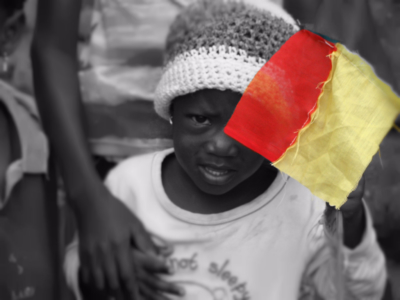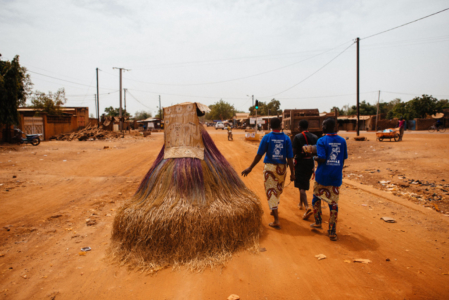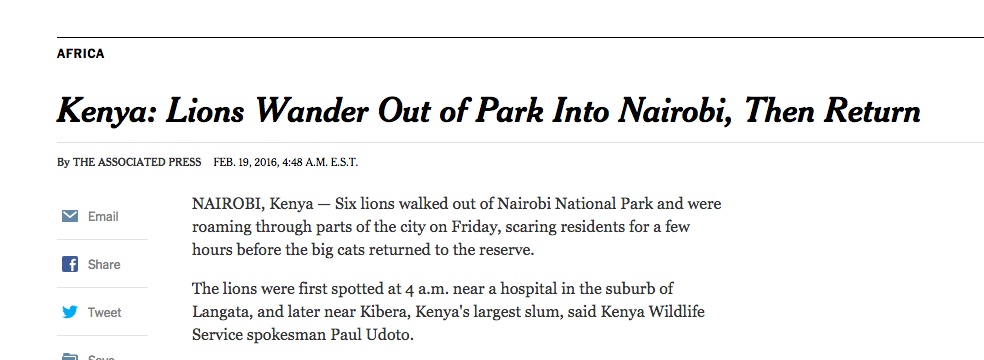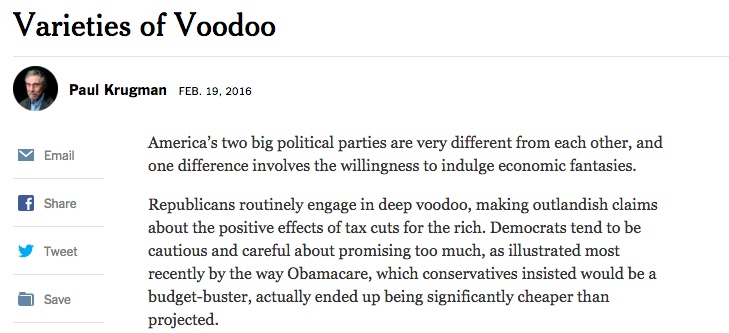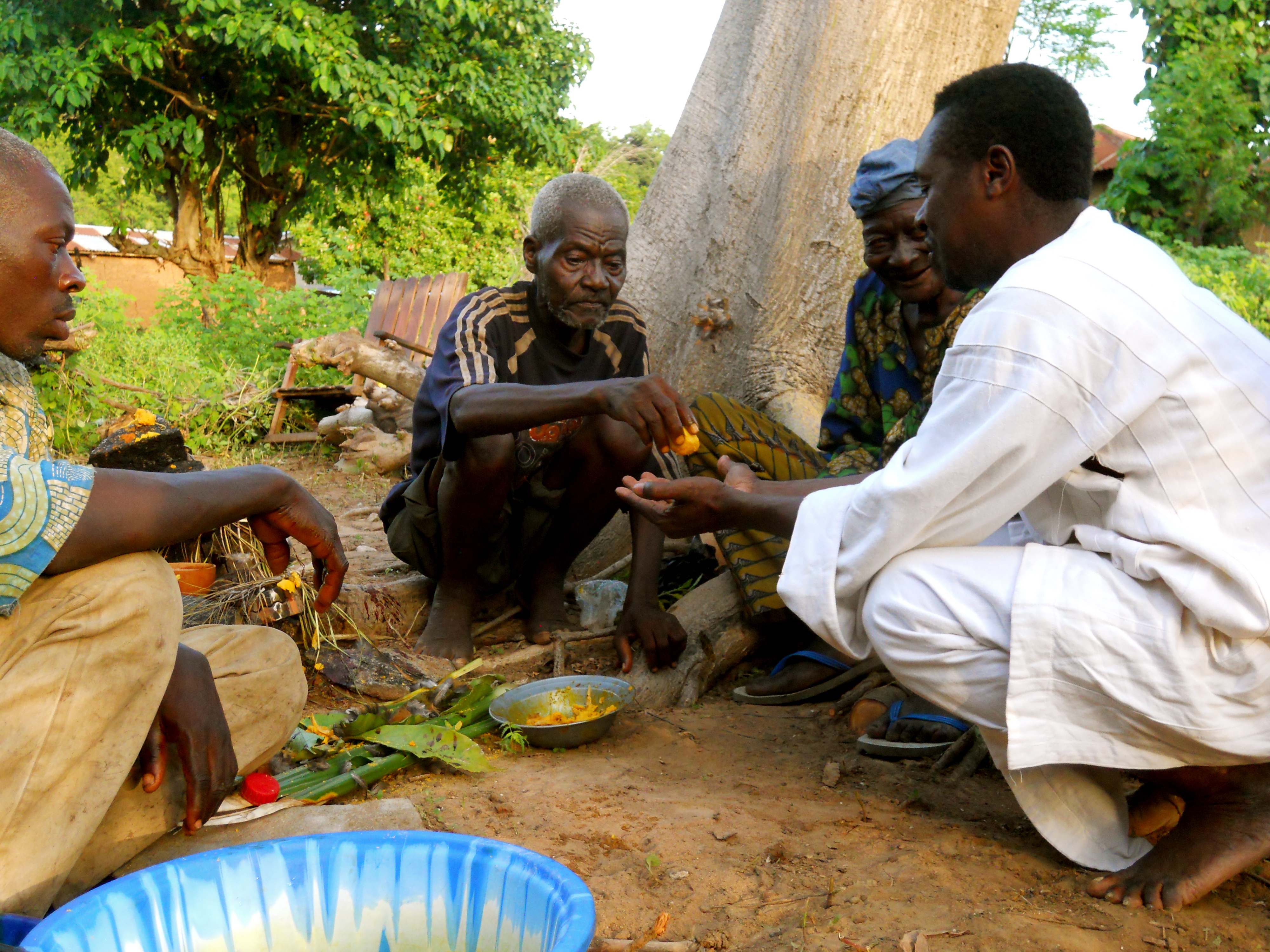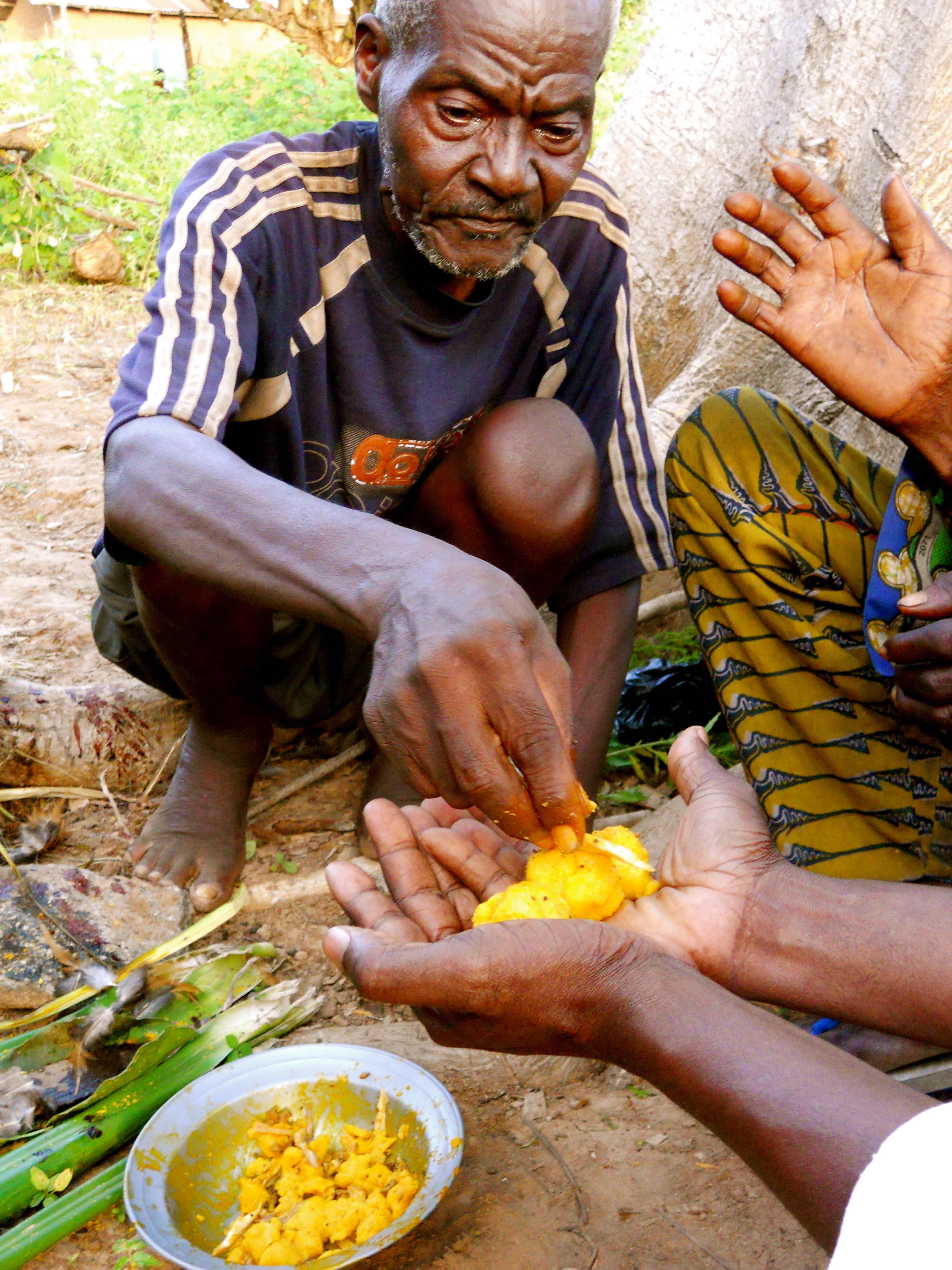- Siddhartha by Hermann Hess. Relistening actually. Siddhartha was my go-to audio when I did laundry as a volunteer. It was a perfect temptation bundle: I loved listening Siddhartha; I hated doing laundry. Here’s a great passage from Ch. 2 (the bolding is mine. I ponder this particular passage often):
“How do you think, Govinda,” Siddhartha spoke one day while begging
this way, “how do you think did we progress? Did we reach any goals?”Govinda answered: “We have learned, and we’ll continue learning.
You’ll be a great Samana, Siddhartha. Quickly, you’ve learned every
exercise, often the old Samanas have admired you. One day, you’ll be
a holy man, oh Siddhartha.”Quoth Siddhartha: “I can’t help but feel that it is not like this, my
friend. What I’ve learned, being among the Samanas, up to this day,
this, oh Govinda, I could have learned more quickly and by simpler
means. In every tavern of that part of a town where the whorehouses
are, my friend, among carters and gamblers I could have learned it.”Quoth Govinda: “Siddhartha is putting me on. How could you have
learned meditation, holding your breath, insensitivity against hunger
and pain there among these wretched people?”
And Siddhartha said quietly, as if he was talking to himself: “What is
meditation? What is leaving one’s body? What is fasting? What is
holding one’s breath? It is fleeing from the self, it is a short
escape of the agony of being a self, it is a short numbing of the
senses against the pain and the pointlessness of life. The same escape,
the same short numbing is what the driver of an ox-cart finds in the
inn, drinking a few bowls of rice-wine or fermented coconut-milk. Then
he won’t feel his self any more, then he won’t feel the pains of life
any more, then he finds a short numbing of the senses. When he falls
asleep over his bowl of rice-wine, he’ll find the same what Siddhartha
and Govinda find when they escape their bodies through long exercises,
staying in the non-self. This is how it is, oh Govinda.”
Quoth Govinda: “You say so, oh friend, and yet you know that Siddhartha
is no driver of an ox-cart and a Samana is no drunkard. It’s true that
a drinker numbs his senses, it’s true that he briefly escapes and rests,
but he’ll return from the delusion, finds everything to be unchanged, has
not become wiser, has gathered no enlightenment,–has not risen several
steps.”
And Siddhartha spoke with a smile: “I do not know, I’ve never been a
drunkard. But that I, Siddhartha, find only a short numbing of the
senses in my exercises and meditations and that I am just as far removed
from wisdom, from salvation, as a child in the mother’s womb, this I
know, oh Govinda, this I know.”
And once again, another time, when Siddhartha left the forest together
with Govinda, to beg for some food in the village for their brothers and
teachers, Siddhartha began to speak and said: “What now, oh Govinda,
might we be on the right path? Might we get closer to enlightenment?
Might we get closer to salvation? Or do we perhaps live in a circle–
we, who have thought we were escaping the cycle?”
Quoth Govinda: “We have learned a lot, Siddhartha, there is still
much to learn. We are not going around in circles, we are moving up,
the circle is a spiral, we have already ascended many a level.”
Siddhartha answered: “How old, would you think, is our oldest Samana,
our venerable teacher?”
Quoth Govinda: “Our oldest one might be about sixty years of age.”
And Siddhartha: “He has lived for sixty years and has not reached the
nirvana. He’ll turn seventy and eighty, and you and me, we will grow
just as old and will do our exercises, and will fast, and will meditate.
But we will not reach the nirvana, he won’t and we won’t. Oh Govinda,
I believe out of all the Samanas out there, perhaps not a single one,
not a single one, will reach the nirvana. We find comfort, we find
numbness, we learn feats, to deceive others. But the most important
thing, the path of paths, we will not find.”
“If you only,” spoke Govinda, “wouldn’t speak such terrible words,
Siddhartha! How could it be that among so many learned men, among so
many Brahmans, among so many austere and venerable Samanas, among so
many who are searching, so many who are eagerly trying, so many holy
men, no one will find the path of paths?”
But Siddhartha said in a voice which contained just as much sadness as
mockery, with a quiet, a slightly sad, a slightly mocking voice: “Soon,
Govinda, your friend will leave the path of the Samanas, he has walked
along your side for so long. I’m suffering of thirst, oh Govinda, and
on this long path of a Samana, my thirst has remained as strong as ever.
I always thirsted for knowledge, I have always been full of questions.
I have asked the Brahmans, year after year, and I have asked the holy
Vedas, year after year, and I have asked the devote Samanas, year after
year. Perhaps, oh Govinda, it had been just as well, had been just as
smart and just as profitable, if I had asked the hornbill-bird or the
chimpanzee. It took me a long time and am not finished learning this
yet, oh Govinda: that there is nothing to be learned! There is indeed
no such thing, so I believe, as what we refer to as `learning’. There
is, oh my friend, just one knowledge, this is everywhere, this is Atman,
this is within me and within you and within every creature. And so I’m
starting to believe that this knowledge has no worser enemy than the
desire to know it, than learning.”
At this, Govinda stopped on the path, rose his hands, and spoke: “If
you, Siddhartha, only would not bother your friend with this kind of
talk! Truly, you words stir up fear in my heart. And just consider:
what would become of the sanctity of prayer, what of the venerability of
the Brahmans’ caste, what of the holiness of the Samanas, if it was as
you say, if there was no learning?! What, oh Siddhartha, what would
then become of all of this what is holy, what is precious, what is
venerable on earth?!”
And Govinda mumbled a verse to himself, a verse from an Upanishad:
He who ponderingly, of a purified spirit, loses himself in the
meditation of Atman, unexpressable by words is his blissfulness of his
heart.
But Siddhartha remained silent. He thought about the words which
Govinda had said to him and thought the words through to their end.
Yes, he thought, standing there with his head low, what would remain of
all that which seemed to us to be holy? What remains? What can stand
the test? And he shook his head.
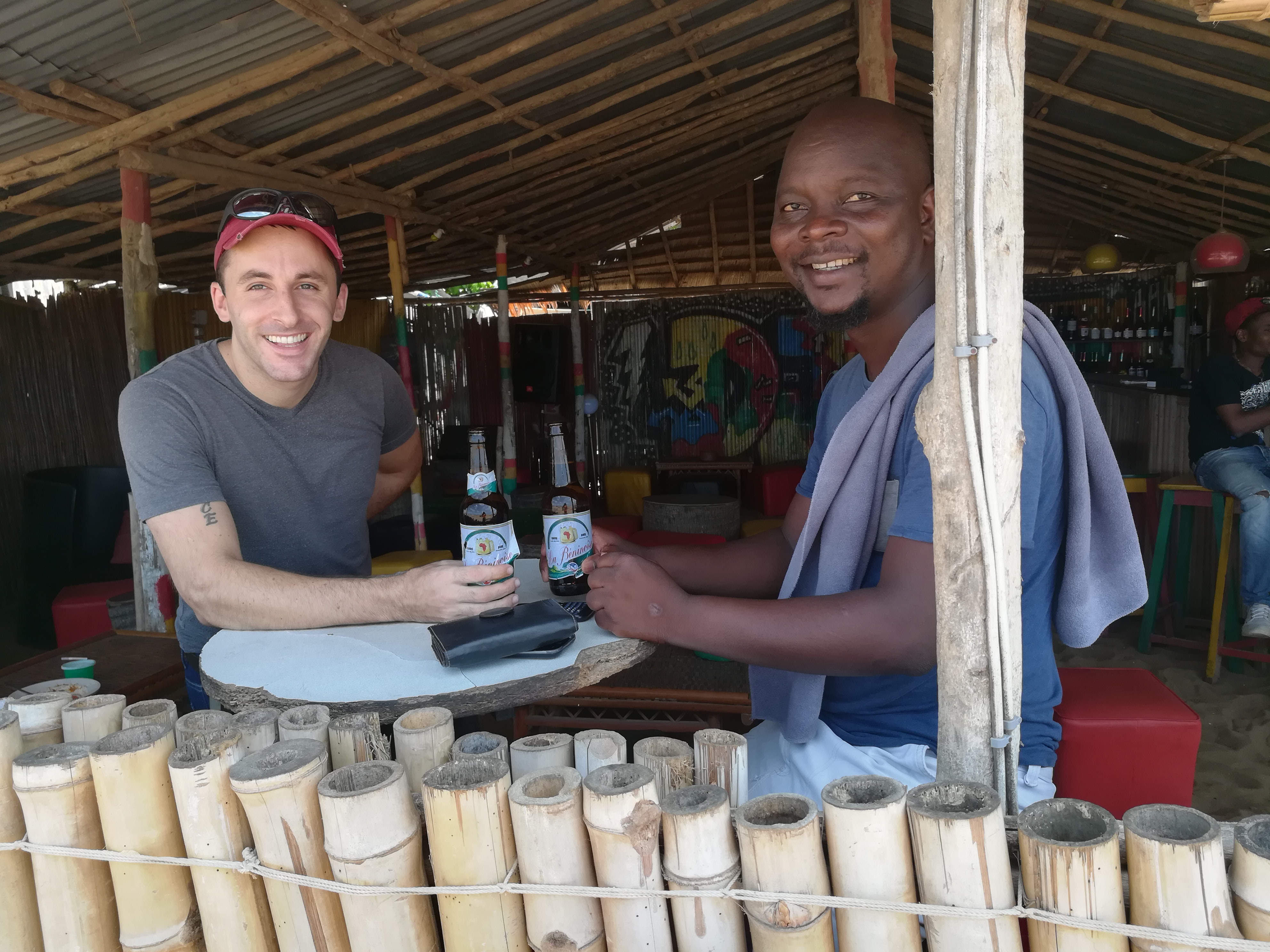

![IMG_0909[1]](http://markhuelsenbeck.com/wp-content/uploads/2016/03/IMG_09091-1-1024x768-960x300.jpg)
![IMG_0911[2]](http://markhuelsenbeck.com/wp-content/uploads/2016/03/IMG_09112-1024x768-960x300.jpg)
![IMG_0914[1]](http://markhuelsenbeck.com/wp-content/uploads/2016/03/IMG_09141-1-1024x768-960x300.jpg)
